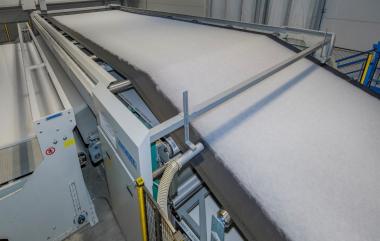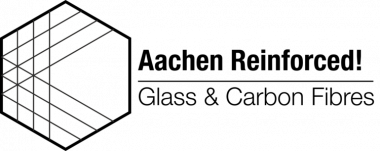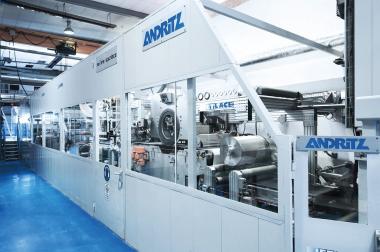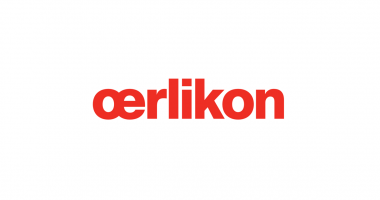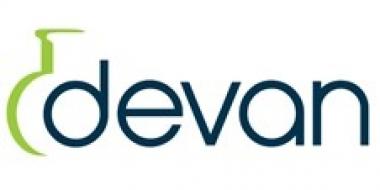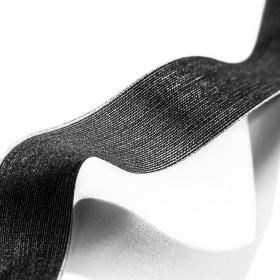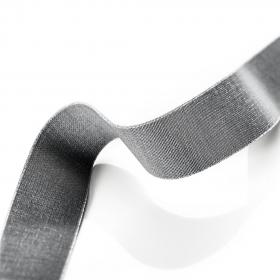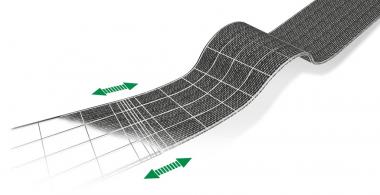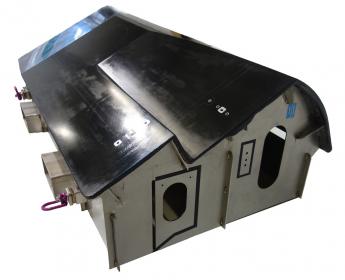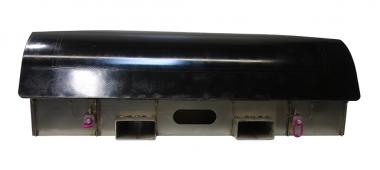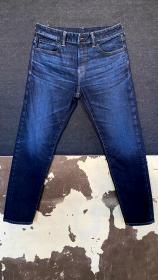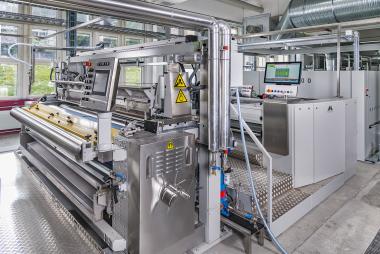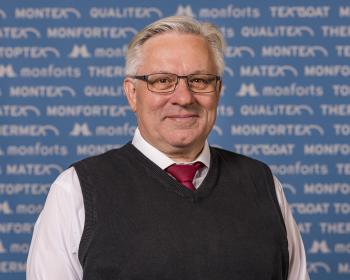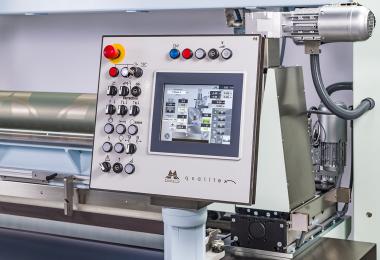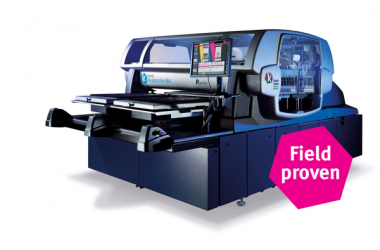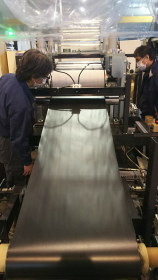ANDRITZ receives order for a new batt forming line for stitchbonding from Pratrivero, Italy
International technology Group ANDRITZ has received an order from Pratrivero s.p.a. to supply a new eXcelle batt forming line for their production facilities in Valdilana, Italy. The line will be dedicated to the production of Maliwatt products, used in furnishing, automotive, naval, medical, geotextiles, advertising, clothing, and packaging applications. Installation and start-up are scheduled for the third quarter of 2021.
The ANDRITZ batt forming line includes an eXcelle card and eXcelle crosslapper, a ProDyn™ web profiling correction system as well as a scanning gauge with a closed loop. The ProDyn system combines actions from the card doffers with dynamic speed variation at the crosslapper. This will result in substantial fiber savings and reduction in CV%, providing improved weight evenness in the final product. The ProDyn closed loop will ensure the best possible self-regulation for the equipment and thus enable Pratrivero to produce one of the best product qualities on the market. Pratrivero will be the world’s first company to use the ProDyn technology in the Maliwatt stitchbonding process.
Stitchbond is a nonwoven process made by mechanically interlocking fiber webs with continuous filaments, thus imitating textiles. Stitchbonded products are used in many applications due to their lower production costs compared to woven textiles. Among all the different nonwoven processes in which it operates, ANDRITZ is also a market-leading supplier of batt forming equipment for the stitchbonding processes producing Maliwatt, Malivlies and quilting.
Pratrivero is an important player in the production of nonwoven fabrics using stitchbonding technology.
ANDRITZ AG


